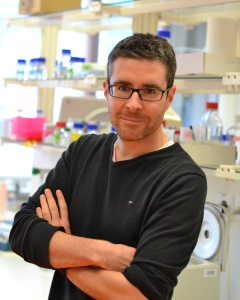Young Investigator Award 2025
The winners of the Young Investigator Award 2025 are:
PhD students:
Masaba Sayor Baroi (UNIBE) - Best oral presentation
Océane Derivaz (UNIFR) - 2nd best oral presentation
Sophie Ebert (UNIBAS) - Best poster flash talk
Postdocs:
Carina Osterhof (UNIFR) - Best oral presentation
Shannon Cox (UZH) - 2nd best oral presentation
Thomas Forro (UNIBE) - Best poster flash talk
Congratulations!
The Young Investigator Award is sponsored by the "Stiftung für Physiologie" (former Oetliker Foundation).
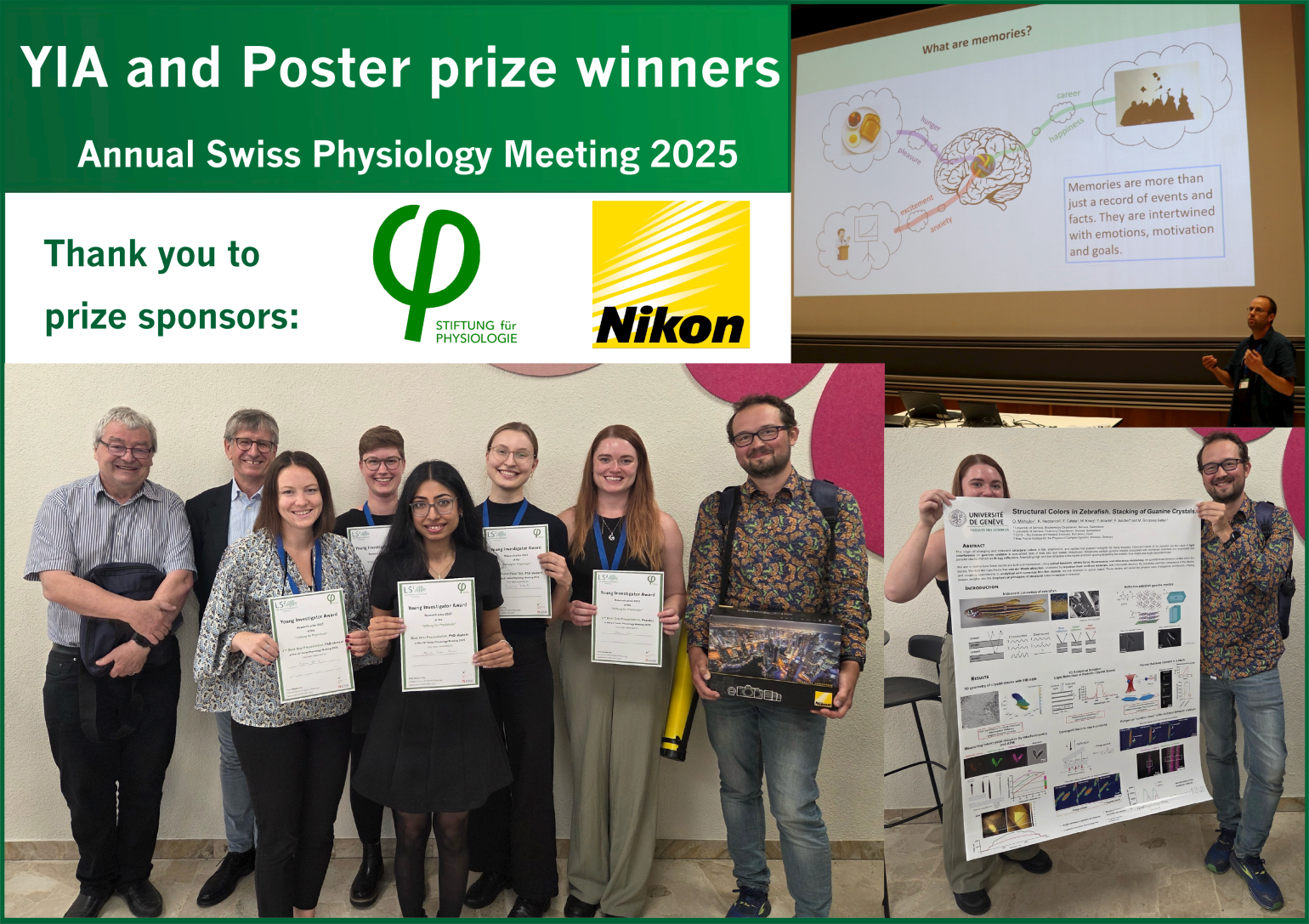
Lelio Orci Award 2024
Prof. Dr. Anne Spang (Biozentrum, University of Basel) will receive the Lelio Orci Award 2024 for her pioneering work in intracellular organization.
The award was established by Lelio Orci, Emeritus Professor at the University of Geneva (Faculty of Medicine) in 2015. Its objective has been to honour an outstanding scientist for her/his research achievements in Cell Biology.
The late Lelio Orci would have been undoubtedly pleased with Prof. Spang’s rigorous pursuit of knowledge and novel discoveries regarding compartmentalization of cellular organelles, proteins, and mRNA. The Lelio Orci Award jury also greatly appreciated her ambition to study these processes under various conditions and in multiple organisms.
Dr. Anne Spang received her training in chemical engineering and biochemistry in Germany and France. She obtained her PhD in the group of Elmar Schiebel at the Max Planck Institute for Biochemistry (Germany) and then joined the lab of Randy Schekman at UC Berkeley (USA) as a postdoctoral researcher. She returned to Germany in 1999 to become an independent group leader at the Friedrich Miescher Laboratory of the Max Planck Society. She obtained a professorship at the University of Basel, Biozentrum in 2005 and was elected as an EMBO member in 2009, an ASCB Fellow in 2020, and a member of the German National Academy of Science, Leopoldina in 2021.
Anne’s work interconnects biochemistry, genetics, and molecular, cell, and developmental biology. Her research focuses on how intracellular traffic and RNA localization, translation, and metabolism regulate cellular asymmetry and stress responses.
The award lecture titled “Mechanisms of Intracellular Compartmentalization” will take place during the LS2 Annual Meeting 2025. Please join us on February 12th at 09:45 to celebrate Anne’s achievements!
Congratulations Anne!

Friedrich Miescher Award 2025
We are delighted to announce that Dr. Claudia Keller Valsecchi (Institute of Molecular Biology, Mainz, DE) and Prof. Dr. Li Tang (EPFL) will be awarded the Friedrich Miescher Award 2025 for their outstanding achievements in biochemistry.
| Dr. Claudia Keller Valsecchi completed her Bachelor of Science in Biology with a focus on molecular biology at the Biozentrum of the University of Basel. She moved on to Friedrich Miescher Institute for Biomedical Research (FMI) in Basel, where she first received her MSc and then a PhD in Biochemistry, specializing in epigenetic gene regulation and chromatin. She then joined the Max Planck Institute of Immunobiology and Epigenetics in Freiburg as a postdoc, supported by the Human Frontier Science Program fellowship. She has headed a research group at the IMB in Mainz since May 2020 and will join Biozentrum at the University of Basel as an Assistant Professor in August 2025. Her research focuses on sex chromosomes and gene dose changes. Her team works on the molecular processes that ensure the “equality” of the maternal and paternal genomes and examines their role in evolution and human diseases. |  |
|
Prof. Dr. Li Tang received his B.S. in Chemistry from Peking University, China, in 2007 and his Ph.D. in Materials Science and Engineering from the University of Illinois at Urbana-Champaign, USA, in 2012, under the supervision of Prof. Jianjun Cheng. Afterward, he became a CRI Irvington Postdoctoral Fellow in the laboratory of Prof. Darrell Irvine at the Massachusetts Institute of Technology. In 2016, he joined the Institutes of Bioengineering and Materials Science & Engineering at École Polytechnique Fédérale de Lausanne (EPFL), Switzerland, as a Tenure-Track Assistant Professor, with promotion to Associate Professor in 2022. His research focuses on developing multidimensional immunoengineering approaches for enhanced cancer immunotherapies. Dr. Tang is the recipient of multiple international research prizes, the most recent being the CAB Mid-Career Investigator Award (2024), the Biomaterials Award for Young Investigators (2024), and the European Research Council (ERC) starting grant (2018). He was also named in the MIT Technology Review’s "Top 35 Innovators under Age 35" list of China region (2020). |
 |
In the name of the entire LS2 jury committee, we congratulate Dr. Claudia Keller Valsecchi and Prof. Dr. Li Tang for receiving this prestigious award!
The award ceremony and lectures titled "Epigenetics of Sex Differences" and "Type 2 Immunity May Hold Key to Long-Term Cancer Remission" will take place during the LS2 Annual Meeting 2025 on Thursday, February 13th, from 16:10 on.
Please join us in congratulating the awardees!
Young Investigator Award 2024
The winners of the Young Investigator Award 2024 are:
Winners category PhD students:
- Giulia Mazzini (University of Zurich) - Best oral presentation
- Malaury Tournier (University of Geneva) - 2nd best oral presentation
- Mélanie Fourgeaud (University of Geneva) - Best poster
Winners category Postdocs:
- Paul Bigot (University of Geneva) - Best oral presentation
- Etienne Delangre (University of Geneva) - 2nd best oral presentation
- Carina Osterhof (University of Fribourg) - Best poster
Congratulations!
The Young Investigator Award is sponsored by the "Stiftung für Physiologie" (former Oetliker Foundation).

Lelio Orci Award 2023
Prof. Wanda Kukulski (IBMM, University of Bern) will receive the Lelio Orci Award 2023 for her pioneering efforts in the field of intracellular membrane trafficking.
The late Lelio Orci would undoubtedly have been pleased with Prof. Kukulski`s rigorous pursuit of knowledge and unprecedented advancements in the resolution of electron microscopy, down to the atomic level. The Lelio Orci Award jury also greatly appreciated her significant contributions in the area of membrane architecture of cells.
Wanda Kukulski studied Biology II at the University of Basel in Switzerland, where she also obtained a PhD at the Biozentrum in 2006. For her PhD, she studied the structure of a water channel protein by electron crystallography. As a postdoc, she worked at the EMBL in Heidelberg where she developed a correlative microscopy workflow and applied it to visualise how the plasma membrane reshapes during endocytosis. In 2015, Wanda started her independent group at the MRC Laboratory of Molecular Biology in Cambridge, UK. The group began investigating how membrane architecture is linked to cellular functions. To this end, they combine various cellular imaging techniques including correlative microscopy and cryo-electron tomography. In 2020, Wanda relocated her lab to the University of Bern, Switzerland, where she took up a position as a professor at the Institute of Biochemistry and Molecular Medicine. She is an EMBO young investigator and an LMB fellow. Her group continues to work towards understanding the molecular architecture of subcellular compartments, in particular how the organisation of membrane contact sites facilitates the transfer of lipids between organelles.
The award was established by Lelio Orci, Emeritus Professor at the University of Geneva (Faculty of Medicine) in 2015. Its objective has been to honour an outstanding scientist for her/his research achievements in the field of Cell Biology.
The award lecture titled “Linking membrane architecture and function” will take place during the LS2 Annual Meeting 2024 on the 14th of February at 09:45.
Congratulations on your achievements! We are looking forward to celebrating with you in February 2024!
Prof. Wanda Kukulski
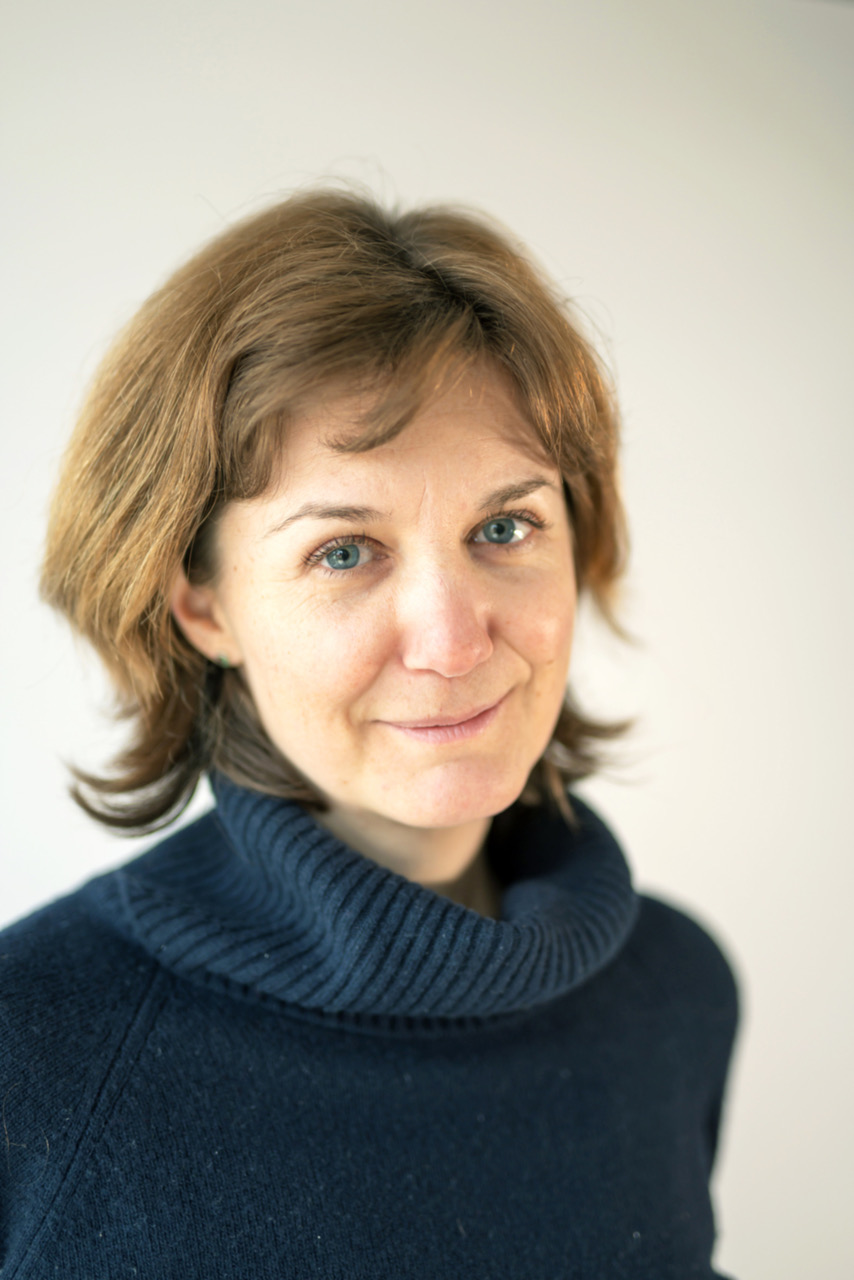
Friedrich Miescher Award 2024
We are very happy to announce that Prof. Charlotte Aumeier (University of Geneva) will be awarded the Friedrich Miescher Award 2024 for her outstanding achievements in biochemistry.
Prof. Charlotte Aumeier is an Assistant Professor of Biochemistry at the University of Geneva, Switzerland. After completing her PhD at the University of Bonn, Germany, studying the cytoskeleton of diatoms, Charlotte moved to the University of Grenoble, France, for a postdoc, where she became hooked on microtubules. In 2018, she established her lab in Geneva, where she and her team work to uncover the dynamics and regulatory mechanisms of microtubule networks using a variety of approaches, including synthetic biology and non-standard model organisms.
Prof. Aumeier`s team is particularly interested in how the dynamic properties of the cellular microtubule network regulate its organization. Her lab tries to answer: How is microtubule shaft dynamic regulated? Which proteins cause microtubule damage, and modulate repair at the shaft? How is the interplay between shat and tip dynamics leading to a functional microtubule network architecture? To what extent is phase separation a mechanism to control microtubule dynamics? To understand the interplay between microtubule-associated proteins and tubulin properties Prof. Aumeier`s team work in vitro and with cells.
In the name of the entire LS2 jury committee, we congratulate Prof. Charlotte Aumeier for having been elected for this prestigious award!
The award lecture titled "Motor proteins modulating Microtubule Shaft Dynamics" and award ceremony will take place during the LS2 Annual Meeting 2024 at the University of Lausanne (Amphimax) and is scheduled for Thursday, February 15th, 2024, from 16:10.
Prof. Charlotte Aumeier
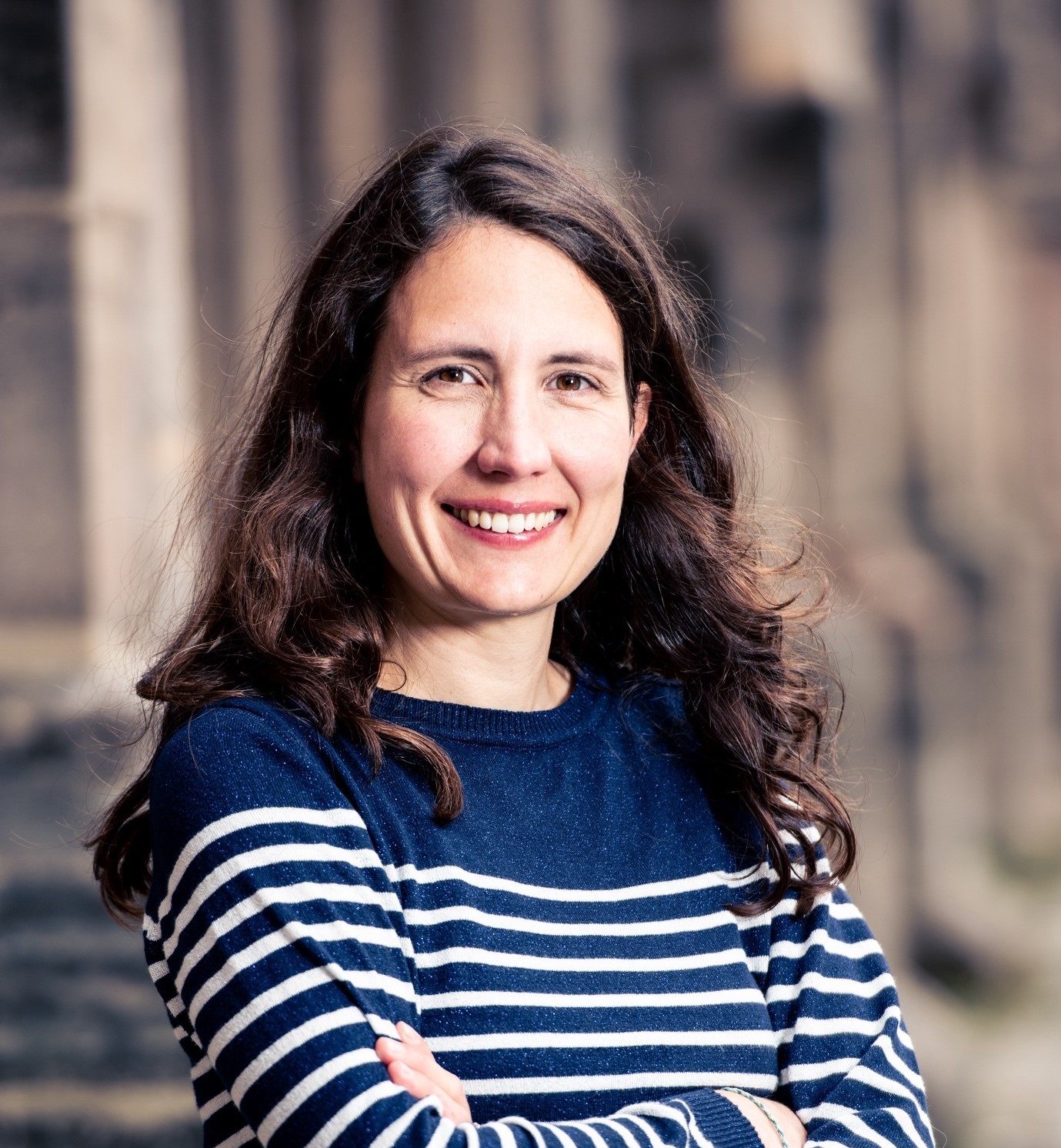
Young Investigator Award 2023
Winners category PhD students:
- Saranda Nimani (UNIBE) - Best oral presentation
- Lucilla Giammarino (UNIBE) - 2nd best oral presentation
- Matteo Caretti (UNIFR) - Best poster
Winners category Postdocs:
- Andras Horvath (UNIBE) - Best oral presentation
- Duilio Michele Potenza (UNIFR) - 2nd best talk
The Swiss Physiology and Ion Channels and Membrane Transporters Joint Meeting 2023 took place in Bern on 6th September 2023. Look at all details of the conference on the meeting website.
The Young Investigator Award was sponsored in 2023 by the "Stiftung für Physiologie" (former Oetliker Foundation) and th LS2 Section ICMT.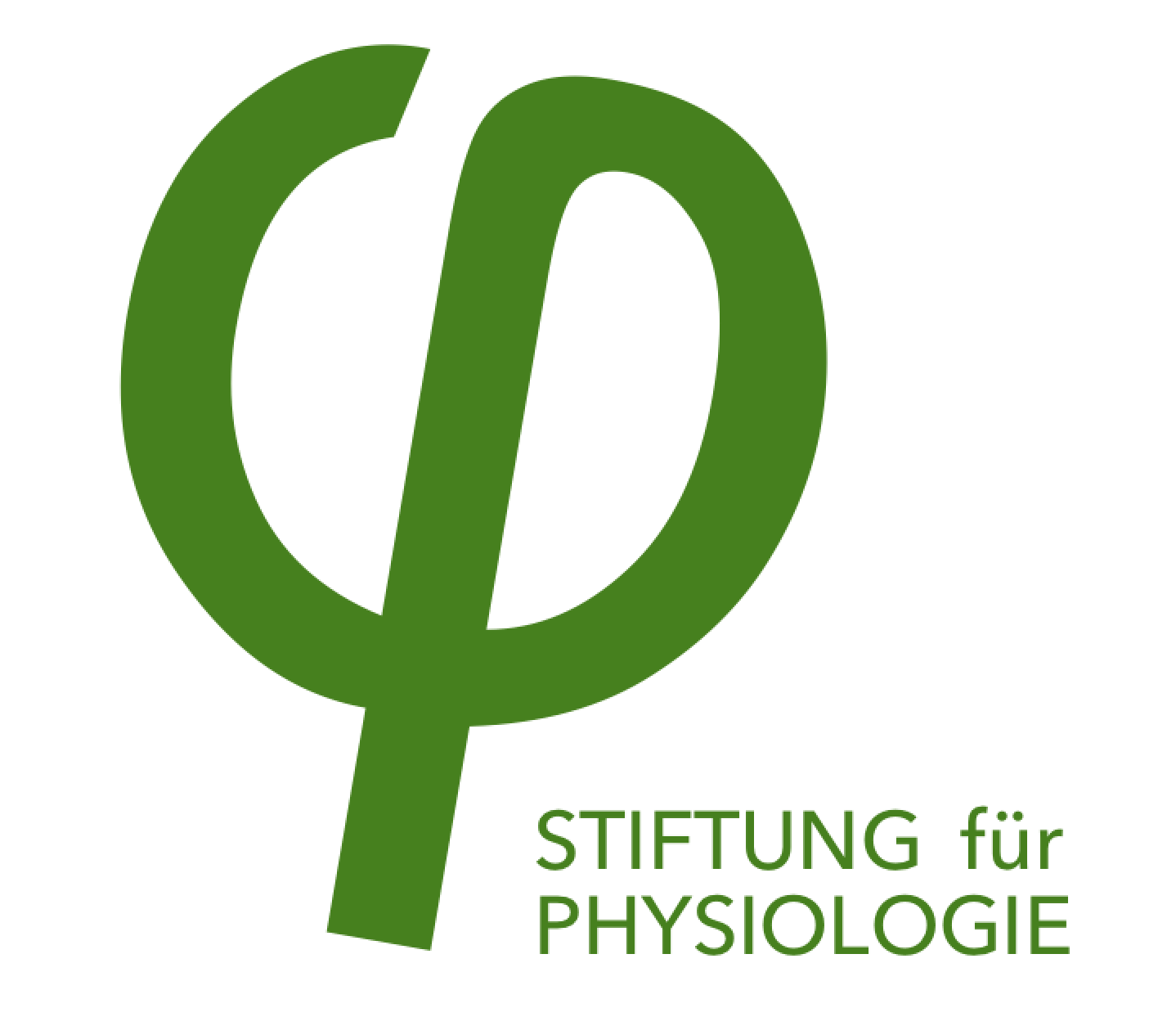
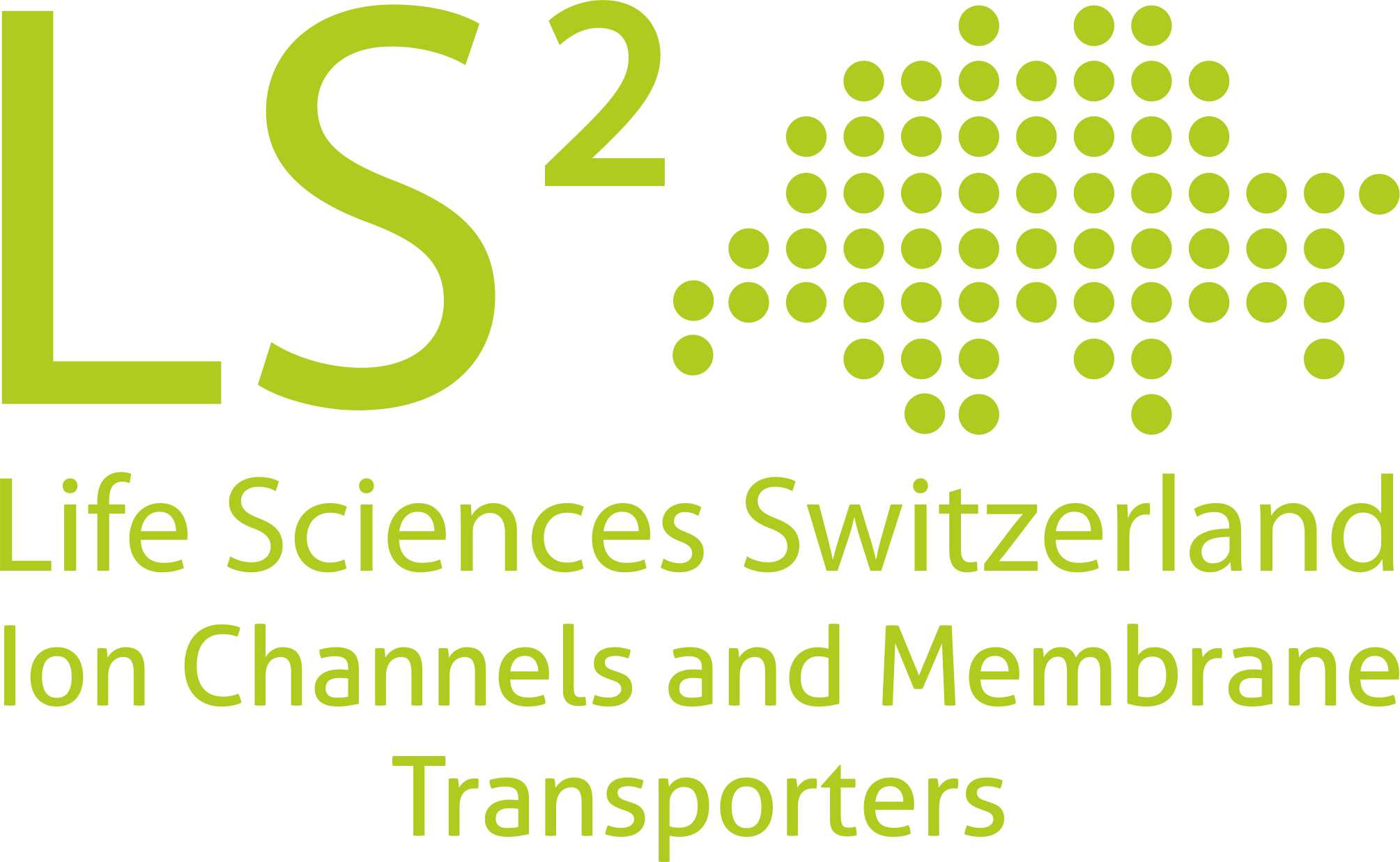
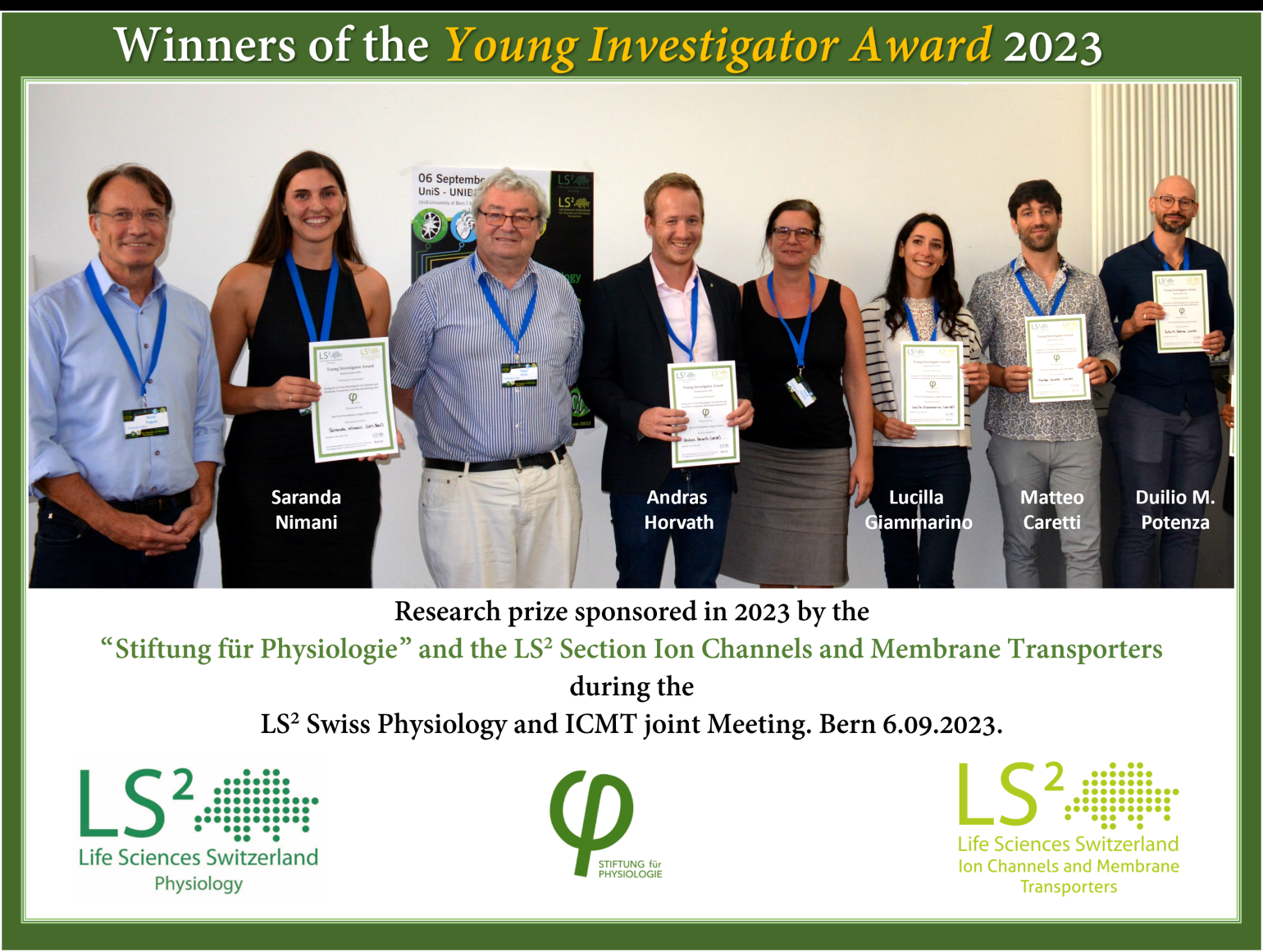
Lelio Orci Award 2022
We are very happy to announce that Prof. Susan M. Gasser (ISREC Foundation) will receive the Lelio Orci Award 2022 for her contributions to our understanding of telomeres, the role of nuclear pores for gene expression and DNA repair, and heterochromatin-mediated spatial genome organization. The late Lelio Orci would undoubtedly have been pleased with Prof. Gasser`s extensive and creative use of microscopy to answer questions of cell and molecular biology. The Lelio Orci Award jury also greatly appreciated how she contributed (and continues to contribute) to shaping the Swiss science landscape and promoting the advancement of women in science. Prof. Gasser`s recent election to the National Academy of Science is yet another notable recognition of her excellence.
Susan M. Gasser studied at the University of Chicago and then completed her PhD at the University of Basel in Biochemistry in 1982, with Gottfried Schatz. She was a postdoc with Ulrich Laemmli at the University of Geneva, where she started studying chromosome structure and its organization. Establishing her laboratory at the Swiss Institute for Experimental Cancer Research (ISREC) in 1986, she focused on chromatin organization in budding yeast, combining genetics, microscopy and biochemical approaches. In 2001, she returned to the University of Geneva as Professor, continuing the use of high-resolution time-lapse microscopy to study both telomeric and single locus dynamics.
From 2004 – 2019, Susan was the Director of the Friedrich Miescher Institute for Biomedical Research in Basel, where she also led a research group until 2021. She had a parallel Professorship at the University of Basel. Since January 2021, Susan Gasser is a professor invité at the University of Lausanne and Director of the ISREC Foundation, where she is helping shape the new Agora institute of translational cancer research. Susan was elected to the Académie de France, Leopoldina, EMBO, AAAS, the Swiss Academy of Medical Sciences, and the National Academy of Science of the US.
The award was established by Lelio Orci, Emeritus Professor at the University of Geneva (Faculty of Medicine) in 2015. Its objective has been to honour an outstanding scientist for her/his research achievements in the field of Cell Biology.
The award lecture will take place during the LS2 Annual Meeting 2023 on the 16th of February at 09:45.
Congratulations on your achievements! We are looking forward to celebrating with you in February 2023!
Prof. Susan M. Gasser
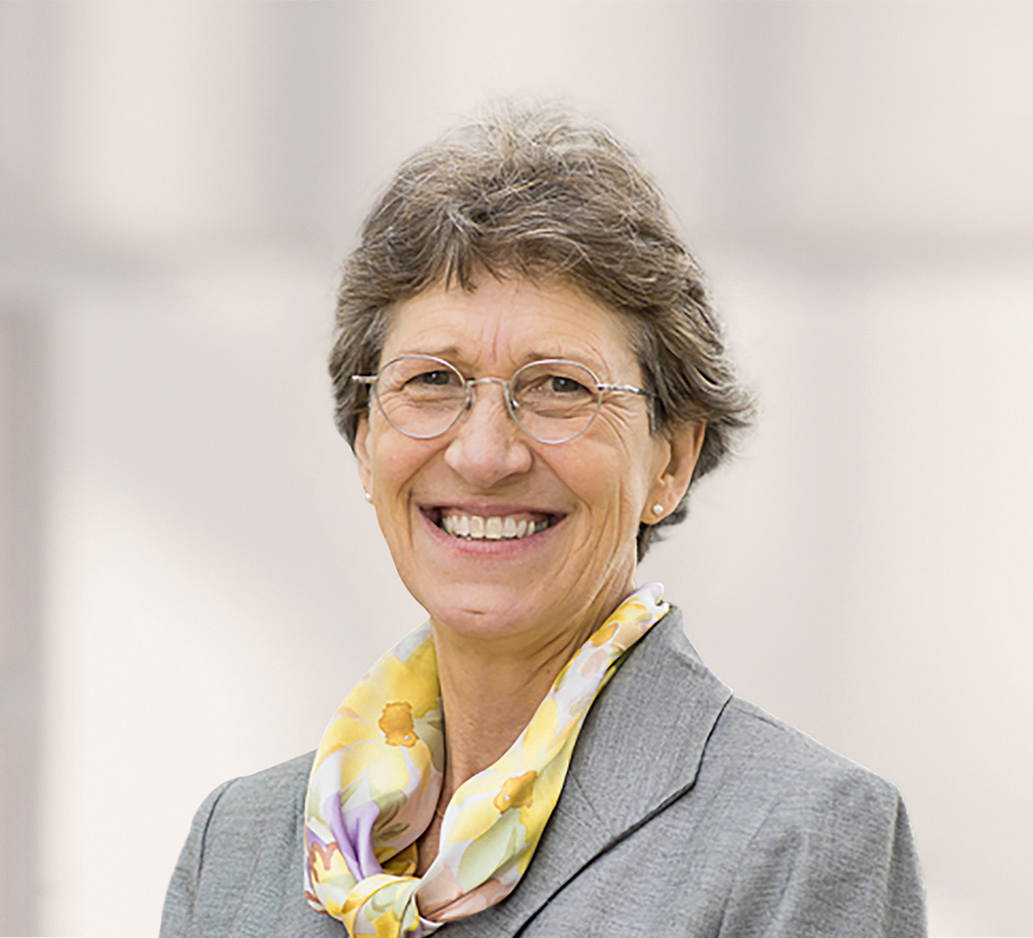
Friedrich Miescher Award 2022
We are very happy to announce that Prof. Paul Guichard (University of Geneva) will be awarded the Friedrich Miescher Award 2022 for his work on the structural mechanisms governing centriole assembly.
In order to directly visualise the molecular nature of the centriole at the nanoscale, he developed a new protocol to study the cellular architecture with a molecular resolution called Ultrastructure Expansion Microscopy (U-ExM). Thanks to this method, his group is now able to reveal the molecular nature of the architectural elements of the centriole and other organelles with an unprecedented resolution. As a leader in this approach, he aims to develop expansion microscopy which will contribute to accelerating basic and clinical research, by revealing molecular details inaccessible to date.
The award lecture will take place during the LS2 Annual Meeting 2022.
Lelio Orci Award 2021
We are very happy to announce that Prof. Markus Rüegg (Biozentrum - University of Basel) will receive the Lelio Orci Award 2021 for his contributions to the molecular principles that are essential for the development and maintenance of the neuromuscular system. His work has led to a better understanding of fundamental processes in biology and has paved the way for treatment options for severe human diseases of the neuromuscular system.
Markus Rüegg studies the molecular principles that are essential for the development and maintenance of the neuromuscular system. His major achievements include the isolation and functional characterization of proteins involved in axonal pathfinding (axonin-1/contactin 2), in synapse formation (agrin), and in mediating changes in synapse structure upon learning (Copine-6). More about his work on his webpage.
The award lecture will take place during the LS2 Annual Meeting 2022.
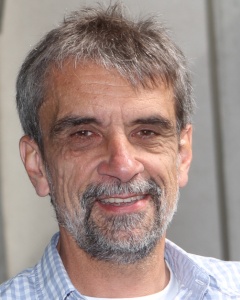
Friedrich Miescher Award 2021
The Friedrich Miescher Award selection committee decided to split the 2021 prize between two awardees:
Prof. Andrea Ablasser (EPFL Lausanne) focuses her research on cell sensing and response to the presence of cytosolic DNA as a danger signal. Over the past years, she has made several significant contributions to this central aspect of biology, and offered a major breakthrough in the field with the discovery and characterization of the cGAS-cGAMP-STING pathway. She is a co-founder of a biopharmaceutical company: IFM Therapeutics. Read more here.
Prof. Prisca Liberali (FMI Basel) is a pioneer in defining mechanisms that drive cell-to-cell variability and its involvement in the emergence of complex cellular traits. She takes a systematic, biochemical approach to understanding the emergent properties of morphologically and functionally distinct cell types from a collection of cells that start out with identical characteristics. Read more here.
The award lectures will take place on the 17th of February at 14h20 during the LS2 Annual Meeting 2021.
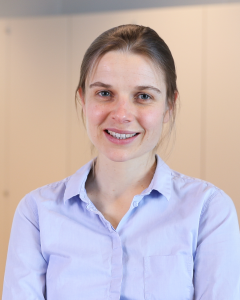
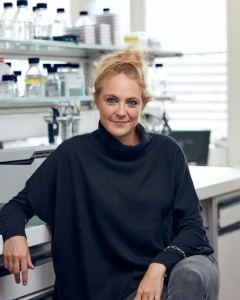
We are very happy to open the call for the Friedrich Miescher Award 2026.
This award is intended to honour young biochemists (under 40) for outstanding achievements in biochemistry.
The deadline for nominations is October 31st, 2025.
Download the PDF below for more details.
We are opening the call for nominations for the Lelio Orci Award 2025, one of the most prestigious prizes in the life sciences in Switzerland.
Please enter your nominations HERE. You will have to provide: the ORCID ID of the nominee, a brief biosketch (max 1000 char.), a justification for nomination (e.g., novel contributions and impact on their field), a short description of major achievements (max 1500 char.), and a list of 3-5 most important publications (max 1500 char.).
The deadline to nominate is August 10, 2025.
All details are in the attached PDF.
Criteria for the Young Investigator Award participation
General
- Only members of the LS2 section Physiology may participate in the contest.
- Participants shall be employed in Switzerland.
- In the registration form for the Annual Physiology Meeting, you may indicate which format you prefer, poster or oral presentation. Due to organizational constraints, your presentation may be scheduled for a different format, but your wishes will be followed whenever possible.
Abstract Content
- The abstract should be understandable for non-specialists.
- General physiological relevance of the work should be emphasized.
- Methods should be discussed only where required for understanding the work.
Participants in the Young Investigator Award should register for the meeting prior to abstract submission.
Assessment
- Each abstract will be read by the jury members which will attribute 0-10 points. Eight abstracts with the highest mean number of points will be selected for oral presentation.
- The number of points attributed for the abstract will count as 50 % for the final score.
- The average mark based on the criteria for oral presentation (see below) brings another 50 % to the final score.
Presentation
1. Poster: A 3 min blitz presentation (including discussion) will be given for the full audience (Power point). The posters can be visited during the lunch break.
2. Oral presentation: Duration: 10 min presentation + 5 min discussion.
Criteria that will be taken in consideration by the jury: Quality of content, Systematics of the presentation, Clarity of expression, Respect for time limits, Communication skills with the audience, Quality of slides / tables / graphs, Quality of replies to questions.
Prizes (as on January 2025)
- 1st prize Oral presentation, PhD student
- 1st prize Oral presentation, junior postdoc
- 2st prize Oral presentation, PhD student
- 2st prize Oral presentation, junior postdoc
- Best poster, PhD student
- Best poster, junior postdoc
The final number of prizes and categories will be reviewed every year by the "Stiftung für Physiologie" and it will be announced on the LS2 Physiology Meeting of the corresponding year.
* We will take your academic net age into account according to SNSF guidelines (More information HERE)
The Lelio Orci Award is awarded by the Lelio Orci Fund, hosted by the Faculty of Medicine of the University of Geneva. It is administered through Life Sciences Switzerland LS2. It is awarded annually to a scientist who has achieved an outstanding performance in fundamental cellular biology. The prize is named in honour of Lelio Orci, who has been an emeritus professor at the University of Geneva.
Criteria - The prize is awarded annually to a scientist who has achieved an outstanding performance in fundamental cellular biology, and who has led his/her work independently. The selection of the laureate is independent of nationality and age. He/she must have conducted a significant proportion of the work at a Swiss research institution and thus have contributed to the advancement of Swiss Life Sciences.
The originality and impact of the work is determined by:
• High-quality rigorous publications (publications in high Impact Factor journals is NOT a criterion)
• Original and novel contributions to the field
• Independence of work and ideas
• Importance of work for future development in the field of research
Nominations - Each year during the call, please enter your nominations HERE. You will have to provide: the ORCID ID of the nominee, a brief biosketch (max 1000 char.), a justification for nomination (e.g., novel contributions and impact on their field), a short description of major achievements (max 1500 char.), and a list of 3-5 most important publications (max 1500 char.).
Jury - The Jury selects the laureate and proposes him/her to the Lelio Orci Fund Committee. The Jury is constituted by LS2 and includes: the past-president, vice-president and president of LS2; Pierre Cosson, professor at the Geneva Faculty of Medicine, personally appointed member of the Lelio Orci Fund Committee; one additional delegate of the Geneva Faculty of Medicine; at least 3 representatives from other Swiss Academic and Research Institutions.
List of Awardees:
2024: Prof. Anne Spang (Biozentrum, University of Basel)
2023: Prof. Wanda Kukulski (IBMM, University of Bern)
2022: Prof. Susan M. Gasser (ISREC Foundation)
2021: Prof. Markus Rüegg (Biozentrum Basel)
2020: Prof. Jean Gruenberg (University of Geneva)
2019: Prof. Silvia Arber (Biozentrum and FMI Basel)
2018: Prof. Jean-Claude Martinou (UNIGE)
2017: Prof. Mike Hall (Biozentrum Basel)
2016: Prof. Markus Aebi (ETHZ)
2015: Prof. Gisou van der Goot (EPFL)
The official award ceremony takes place during the LS2 Annual Meeting.
The following guidelines apply for nominations:
1. The Friedrich Miescher Award may be awarded once every year to a young scientist for outstanding achievements in biochemistry.
2. Candidates are eligible who have not yet reached the age of 40 years on January 1st of the award year.
For female candidates with children, the age limit is automatically extended by one year per child. For male candidates with children, the age limit can be extended by 6 weeks per child, or the actual time taken off as parental leave if this is longer than 6 weeks. The maximal extension for men is 6 months.
3. Preference will be given to candidates with a documented record of independent research.
4. The scientific work must have been carried out in Switzerland or by Swiss scientists abroad.
5. Health care professionals ("HCP") are not eligible for the award.
Applications or nominations, including a letter stating the relevance of the candidate's scientific work, his/her CV, list of publication and embedded links to the four most relevant publications should be submitted as a single PDF file by October 31, 2025 by e-mail to Prof. Dr. Monica Gotta [Monica.Gotta@unige.ch], at the Molecular & Cellular Biosciences section of LS2. The official award ceremony takes place during the LS2 Annual Meeting.
List of previous Awardees:
2025 Dr. Claudia Keller Valsecchi (Institute of Molecular Biology, Mainz, DE) and Prof. Dr. Li Tang (EPFL)
2024 Prof. Charlotte Aumeier University of Geneva
2023 Prof. Barbara Treutlein ETH Zurich
2022 Prof. Paul Guichard University of Geneva
2021 Prof. Prisca Liberali FMI Basel and Prof. Andrea Ablasser EPFL
2020 Prof. Greta Guarda IRB, Università della Svizzera italiana, USI and Prof. Nicola Aceto University of Basel
2019 Prof. Bernd Bodenmiller UZH
2018 Prof. Marek BASLER Biozentrum Basel and Prof. Paola PICOTTI ETHZ
2017 Prof. Petr CEJKA IRB Bellinzona
2016 Prof. Petr BROZ Biozentrum, University of Basel
2015 Prof. Martin JINEK Department of Biochemistry, University of Zurich
2014 Prof. Sophie MARTIN Département de microbiologie fondamentale, Université de Lausanne
2013 Prof. Aurélien ROUX Department of Biochemistry, University of Geneva
2012 Prof. Richard BENTON Universität Lausanne, Center for Integrative Genomics
2011 Prof. Marc BÜHLER Friedrich-Miescher Institut, Basel
2010 Prof. Henrik KAESSMANN Universität Lausanne, Center for Integrative Genomics
2009 Prof. Teresa FITZPATRICK Universität Genf
2008 Prof. Sylvia ARBER Biozentrum der Universität Basel and Friedrich Miescher Institut
2007 Dr. Dirk SCHÜBELER Friedrich-Miescher Institut, Basel
2006 Dr. Andreas MAYER and Dr. Maurizio MOLINARI Istituto di Ricerca in Biomedicina (IRB), Bellinzona; Friedrich Miescher Institut (FMI), Basel
2005 Prof. Nenad BAN Institute of Molecular Biology and Biophysics, Swiss Institute of Technology, Zürich
2004 Prof. Freddy RADTKE Ludwig Institute for Cancer Research, Epalinges s/Lausanne
2003 Prof. Michael O. HENGARTNER Institute of Molecular Biology, University of Zürich
2002 Dr. Jean PIETERS together with Dr. Joachim LINGNER Basel Institute for Immunology; ISREC, Epalinges s/Lausanne
2001 Dr. Wilhelm KREK Friedrich Miescher Institut, Basel
2000 No prize awarded
1999 Dr. Elisa IZZAURALDE European Molecular Biology Laboratory, Heidelberg/Germany
1998 Dr. Bruno AMATI ISREC, Epalinges s/Lausanne
1997 Dr. Andreas STRASSER Walter and Eliza Hall Institute of Medical Research, Melbourne, Australia
1996 Dr. Konrad BASLER Zoologisches Institut der Universität Zürich
1995 Dr. Bernard THORENS Institut de Pharmacologie et de Toxicologie, Université de Lausanne
1994 Dr. Susan GASSER-WILSON ISREC, Epalinges s/Lausanne
1993 Dr. Amos BAIROCH Institut de Biochimie Médicale, Université de Genève
1992 Dr. Erich NIGG Institut Suisse de Recherches Expérimentales sur le Cancer, Epalinges s/Lausanne
1991 Prof. Dr. Ernst HAFEN Zoologisches Institut der Universität Zürich
1990 Prof. Dr. Marianne BIENZ Zoologisches Institut der Universität Zürich
1989 PD Dr. Werner BRAUN Institut für Molekularbiologie und Biophysik, ETH Zürich
1988 Prof. Gregor EICHELE Department of Cellular and Molecular Physiology, Harvard Medical School, Boston, USA
1987 No prize awarded
1986 Prof. Jürg TSCHOPP Institut de Biochimie, Université de Lausanne
1985 No prize awarded
1984 Dr. Philippe HALBAN Institut de Biochimie Clinique, Université de Genève
1983 Dr. Ueli SCHIBLER and Dr. Otto HAGENBÜCHLE Institut Suisse de Recherches Expérimentales sur le Cancer, Epalinges s/Lausanne
1982 Prof. J.H. MILLER Département de Biologie Moléculaire, Université de Genève
1981 Dr. Jörg STUCKI Pharmakologisches Institut der Universität Bern
1980 Dr. Jean-David ROCHAIX Département de Biologie Moléculaire, Université de Genève
1979 Dr. Markus BRETSCHER and Dr. Albert HINNEN MRC Laboratory of Molecular Biology, Cambridge, UK Friedrich-Miescher-Institut, Basel
1978 Dr. Markus NOLL Biozentrum der Universität Basel
1977 Dr. Bernard FULPIUS Département de Pathologie, Université de Genève
1976 Dr. Heidi DIGGELMANN Institut Suisse de Recherches Expérimentales sur le Cancer, Epalinges s/Lausanne
1975 Dr. Jörg ROSENBUSCH Biozentrum der Universität Basel
1974 Dr. Kurt WÜTHRICH Institut für Molekularbiologie und Biophysik der ETH Zürich
1973 Dr. Kaspar WINTERHALTER Friedrich-Miescher-Institut, Basel
1972 Dr. Michel VALLOTTON Laboratoire d’Investigation Clinique, Division d’Endocrinologie, Hôpital de Genève
1971 Dr. Martin BILLETER Institut für Molekularbiologie I der Universität Zürich
1970 Dr. Philipp CHRISTEN and Dr. Jean-Pierre von WARTBURG Biochemisches Institut der Universität Zürich Medizinisch-Chemisches Institut der Universität Bern
Full Regulations of LS2 Awards can be found in LS2 Bylaws and Regulations here.
Members of LS2 will get our newsletters automatically, no need to subscribe here.
